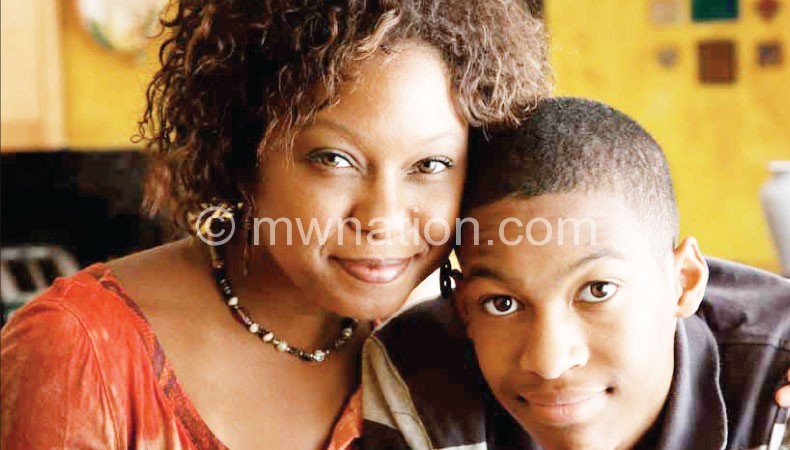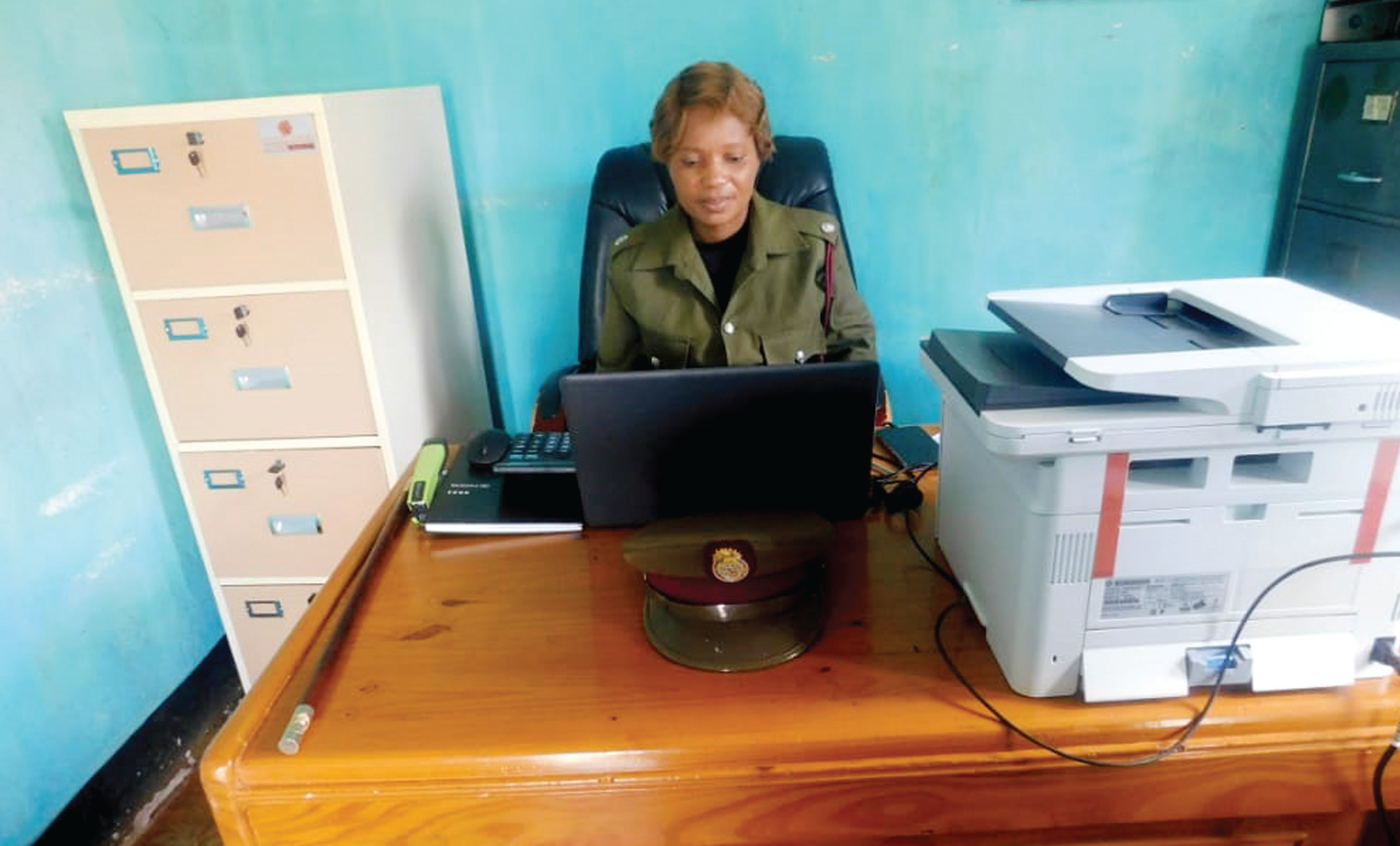Time to talk about sex

Culturally, sexual communication to children is left to aunts, uncles or initiation counselors. Parents rarely engage in such talks as it is regarded as taboo.
In urban settings, where initiation ceremonies do not exist, adolescents are left void of sexual knowledge and usually rely on hands-on experiences, peers, television and computers.
A recent research by Tilondole magazine of Lilongwe has shown that children prefer talking to their parents as well as learning from other sources.
It further showed that parent-based adolescent communication about sexual health is also effective in increasing communication between them.
With parents shying away from discussing sexuality, can they comfortably impart the knowledge to their young children? If they feel embarrassed and uncomfortable to table the issue, how do they gather the courage to speak to speak to their adolescents?
In an interview last week, Pastor Vanani Langa of Tilondole Ministries in Lilongwe said sex is more openly discussed today than a generation ago.
He said with communication about sexual matters in Malawi attempting to mirror other European countries, discussions between mother and son or father -daughter sexuality talks should be easier.
Langa said countries such as the Netherlands, France and Germany have lower teenage pregnancies and sexually transmitted infections because of open sex talks with their children.
“The sexual health and well-being of young people remains a concern and in recent years, the United Kingdom [UK] government has provided strategies for taking a holistic approach to addressing the sexual health of young people.
“Schools, parents and health professionals have been encouraged to take a comprehensive approach to educating and keeping young people safe from the consequences associated with risky sexual behaviour,” he said.
Trainee psychologist Titani June believes parents are the most important group to teach children about sexual matters while providing the emotional and physical support in preparation for adult life.
Marriage counselor Mwayenela Thumba observed that culturally, men do not seem to have the time and are always not willing to discuss sexual issues with their children.
She said women should take a leading role in setting the mood for both their husbands and children to make the process easier and a part of family routine without reservations.
“Encouraging parents to discuss sexual matters with their children has a great impact because parents influence their children’s attitudes by forming beliefs and values concerning identity, relationships and intimacy.
“Previous research in developmental psychology, in particular Bowlby [1973, 1979] suggests that attachments with parents influence children’s cognitions, which not only shape their behaviour, but also their friendships and romantic relationships in the future.”She said.
According to the Tilondole research, although these types of parent-child relationships are characterised by parental warmth, support and parent-child closeness, they can have a protective effect on young people’s behaviour.
It said mothers have a valuable role to play in educating their children about sexual matters, suggesting that women are primary sex educators of their children.
Pananedparenthood.org says it is best to start talking with children about sexuality in early childhood—but it’s never too late.
“Parents really make a difference when we talk with our children. In fact, teens often name their parents as the biggest influence in their decisions about sex. Teens who report having good conversations with their parents about sex are more likely to delay sexual activity, have fewer partners and use condoms and other contraceptives when they do have sex,” said the website.
It further said sexuality includes a wide range of topics ranging from male and female bodies and how they work, human development, reproduction, types of relationships, what makes a relationship healthy or unhealthy, sexual behavior to how to prevent pregnancy and sexually transmitted diseases (STDs).





